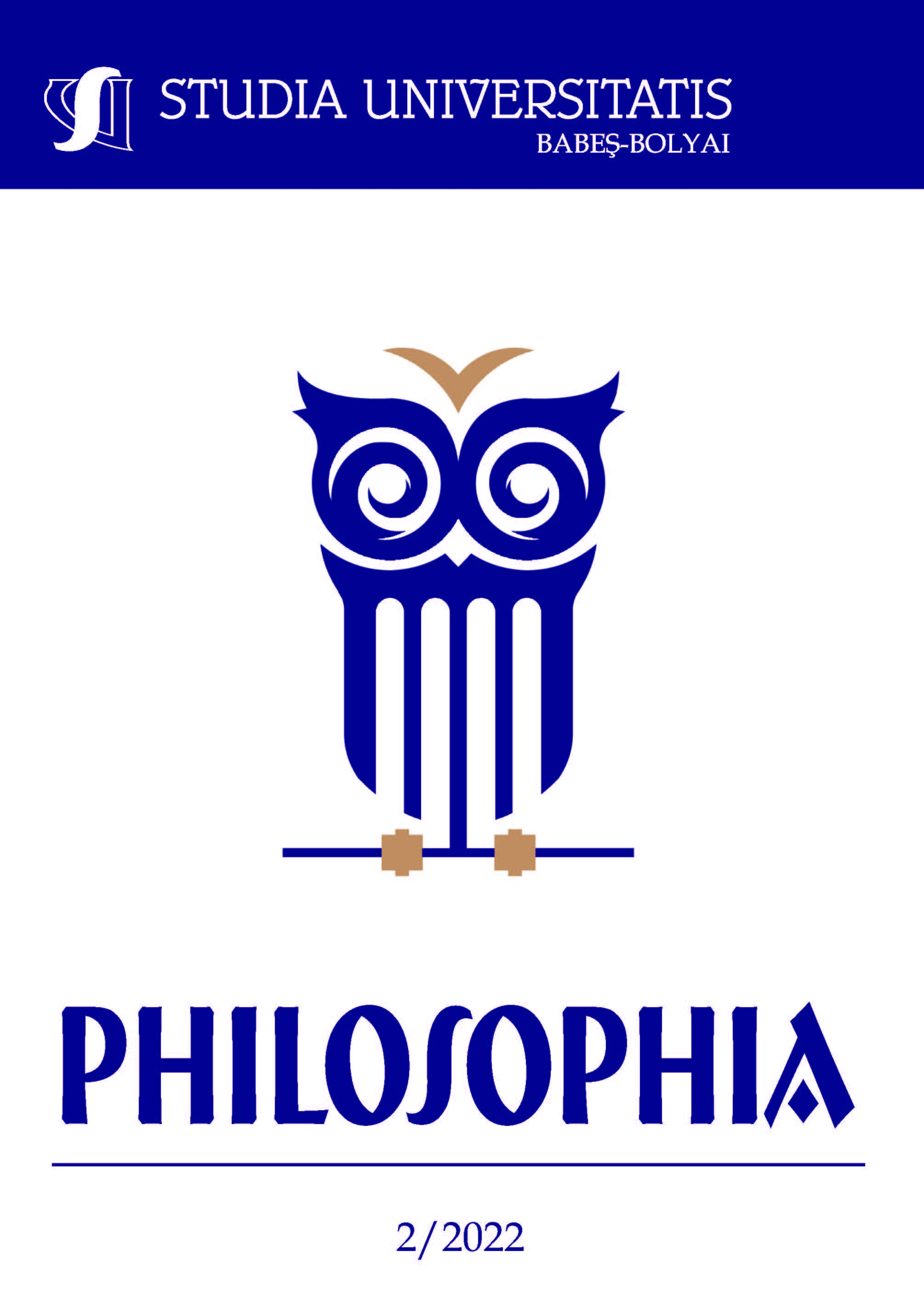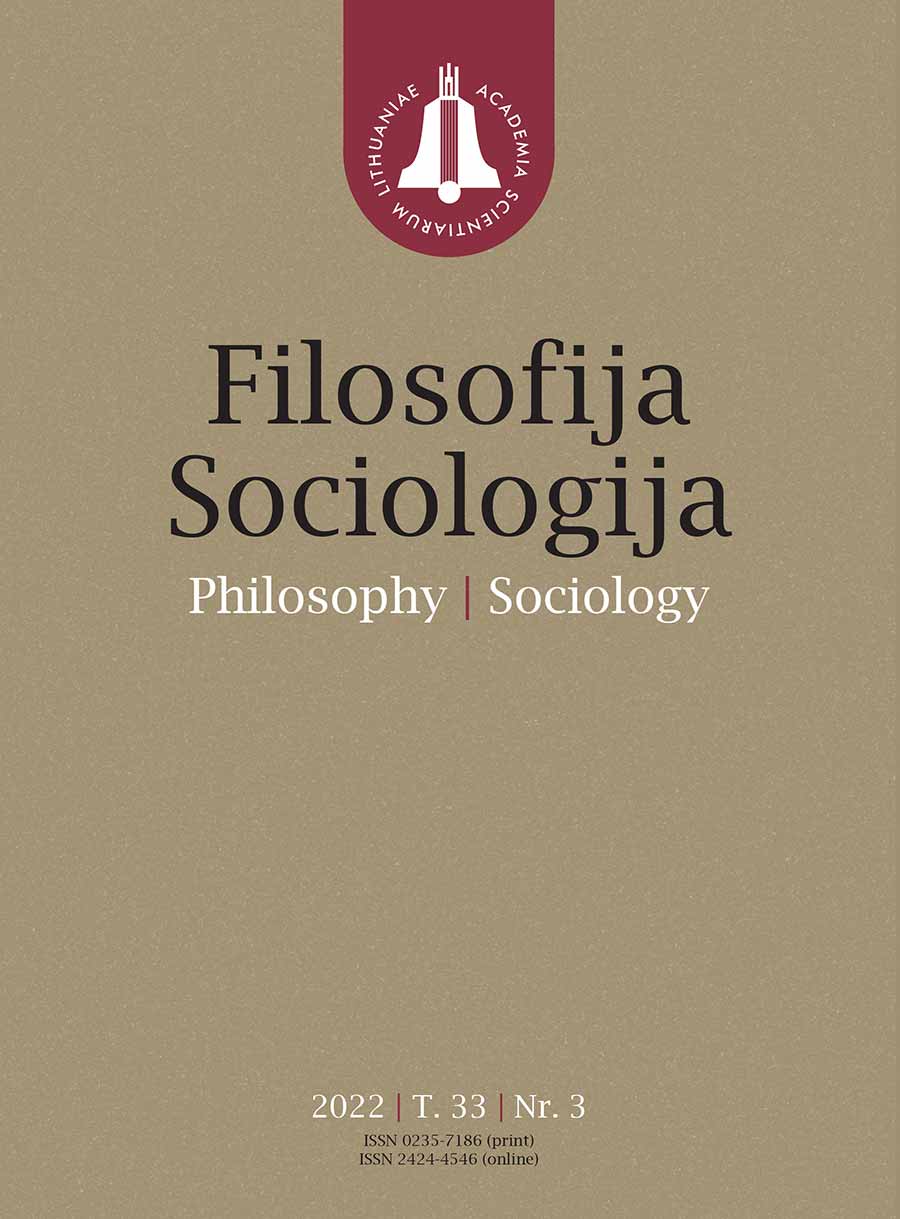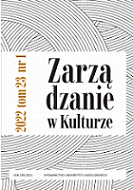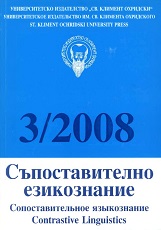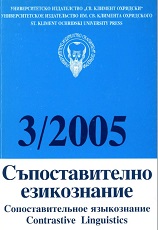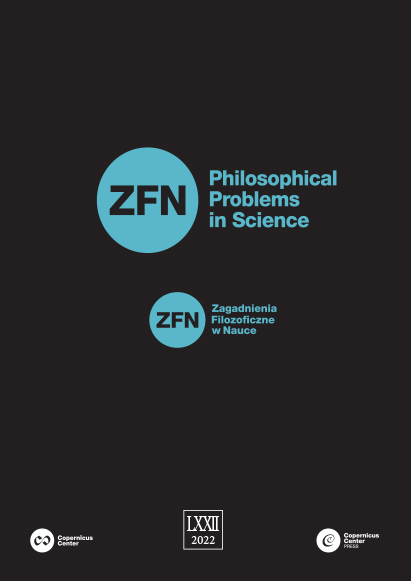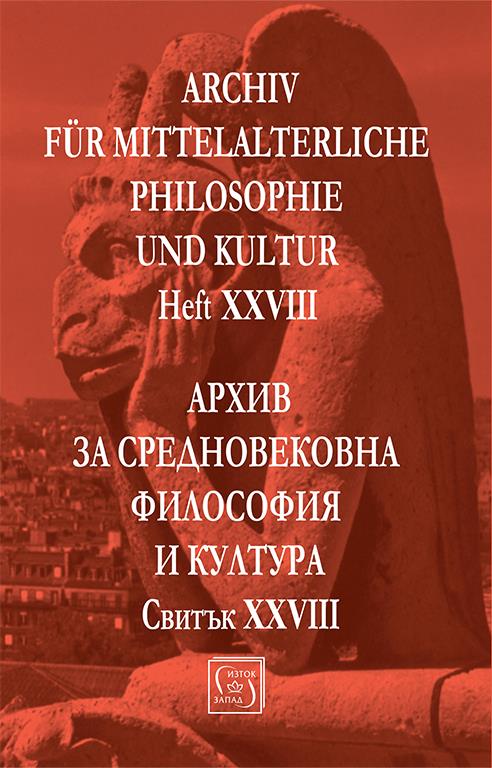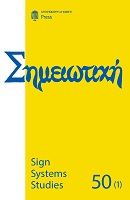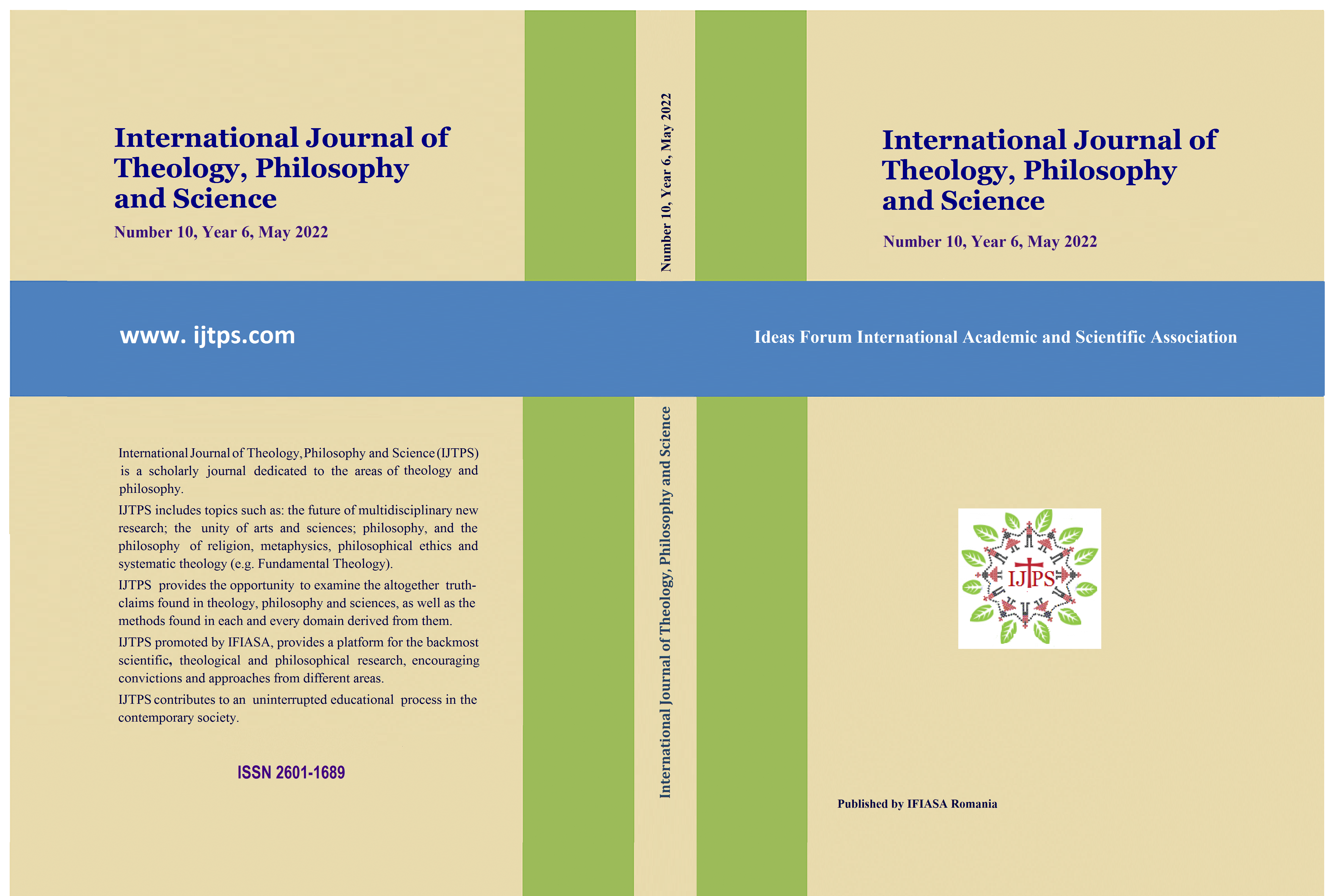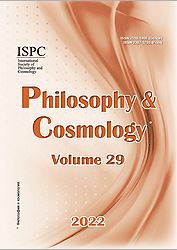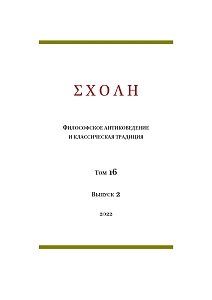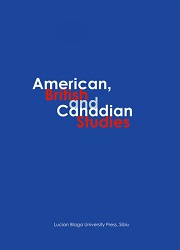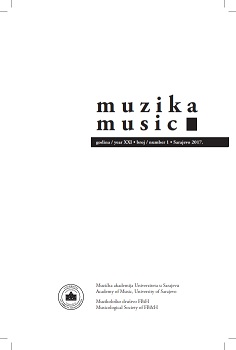
Voda koja proizvodi zvuk kretanja: Interpretacija fenomena vode u Prelidima Claude Debussyja
This paper examines the relationship between Debussy’s musical intellection of the element of water and Bachelard’s philosophical apprehension of the same element. More precisely, I will explore the (reciprocal) relationship between musical transpositions of the water element in the composer’s piano oeuvre and Bachelard’s interpretation of the element of water in the study – Water and dreams. An essay on the imagination of matter. Considering that a large part of Debussy’s opus are musical “images” of the water element, it is evident that for the composer this phenomenon has a more profound, psychological note. Therefore, this paper will, on the basis of the analytical and comparative approaches, consider the relationship of Debussy’s and Bachelard’s (psychological and / or psychoanalytical) intellection and interpretation of water “images”.
More...
